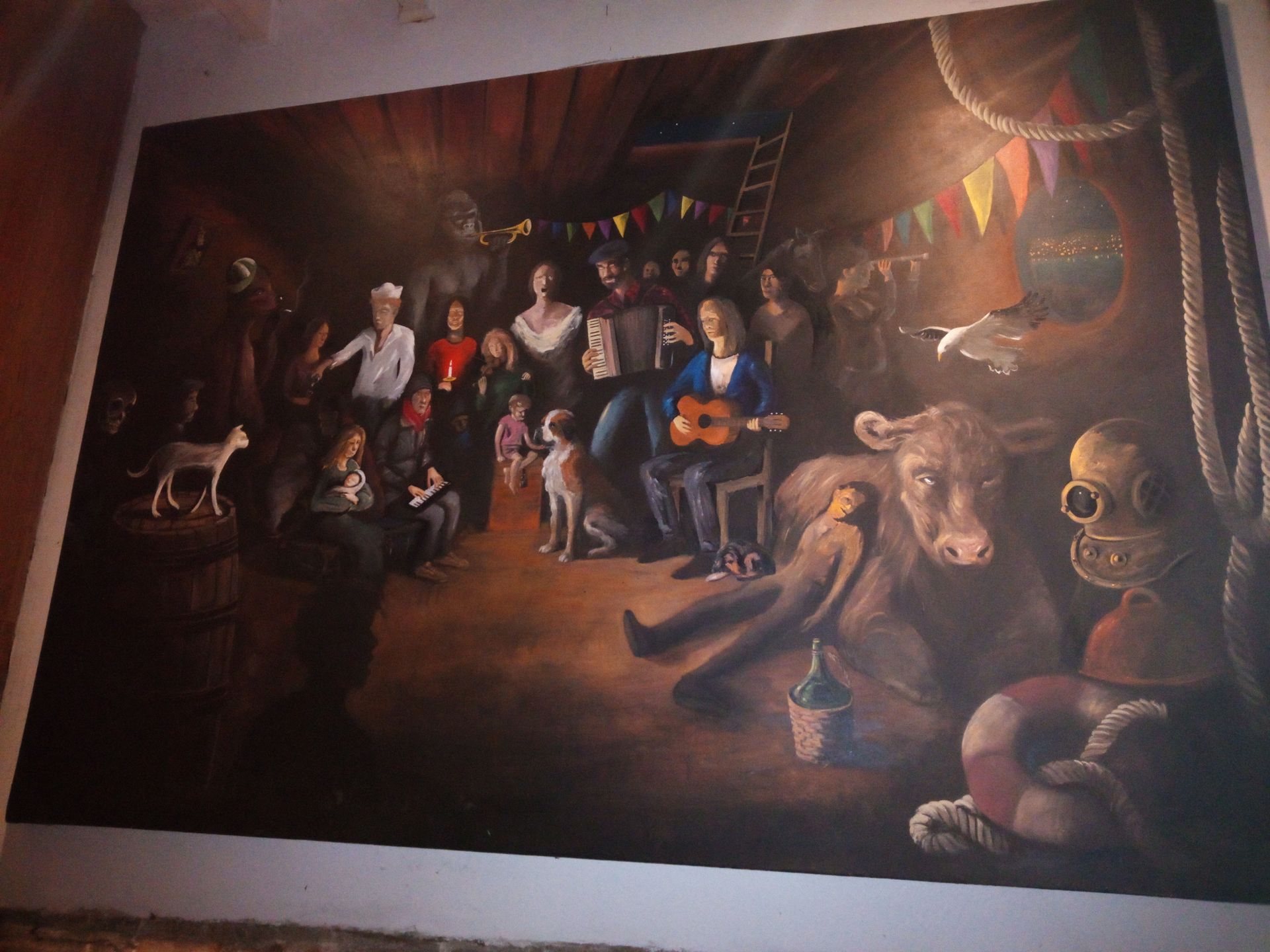Of murdering hummingbirds and motherly love - Mexico's cultural heritage
Tihchhuah a ni: 13.06.2017

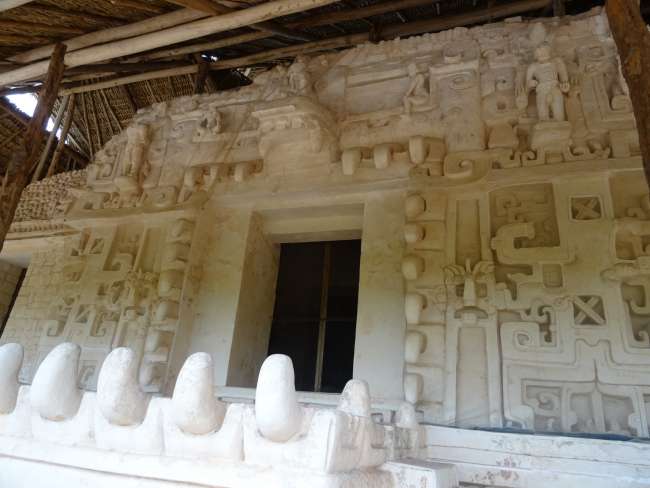




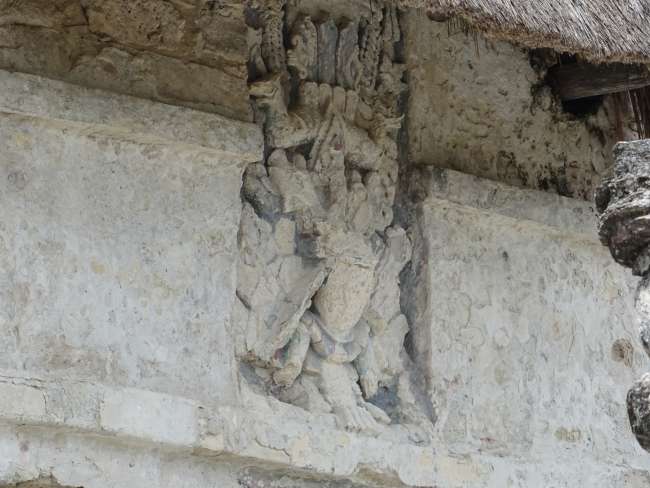





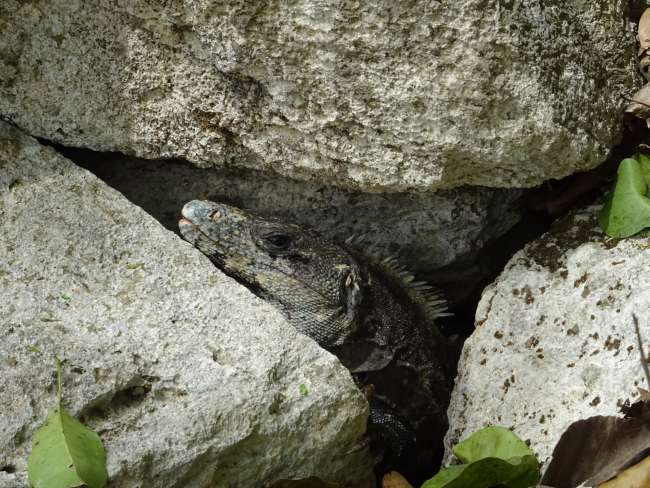

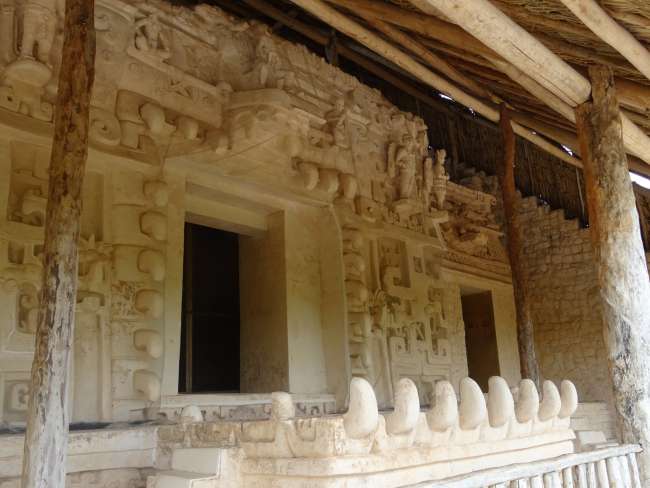
Newsletter hi subscribe ve rawh

A wise person once told me that if you want to understand Mexico, you must know its history. How right he was. Because what fills the heart of the proud Mexican is not the filled glass of tequila or the plate of tacos. No. It is the country itself and its history. And that's why I don't want to withhold at least a small part of the history from you as an introduction. Namely, the legend of the Aztec god Huitzilopochtli or, lovingly Swissized, Vitzliputzli (No joke, that's really what it's called).
The Aztecs believed that they were the chosen people of this god, which by the way should have the appearance of a hummingbird. So far, nothing special, if it weren't for his problematic family history.
Vitzliputzli is the son, or daughter, of Mixcoatzl, the primordial mother, who represents the embodiment of the Trinity of Motherhood. On the one hand loving, on the other hand strict, and thirdly desirable.
Unfortunately, this primordial mother chose not a muscular Adonis as a lover, but a ball of feathers and conceived Vitzliputzli with it. Well, love knows no bounds. Stupidly enough, Vitzliputzli's sister didn't find this very motherly and promptly ripped off the good woman's head, with which she played ball and then devoured, at the same moment catapulting Vitzliputzli out. Just as angry that his mother lay dead without a head, he ripped out his murdering sister's heart and, in accordance with tradition, also ate it out of love.
That's enough of the family history. The Aztecs believed, like all ancient Mexican cultures, in the celestial bodies, which were often associated with a deity. Believing that all previous four suns of the earth had gone down, they paid homage to Vitzliputzli with human sacrifices so that he would not let the 5th sun go down, because Vitzliputzli, not so hummingbird-like, was quite voracious, which is understandable after the tragic family history. And what tastes better than fresh human sacrifice?
And the moral of the story... everyone should think about it themselves.

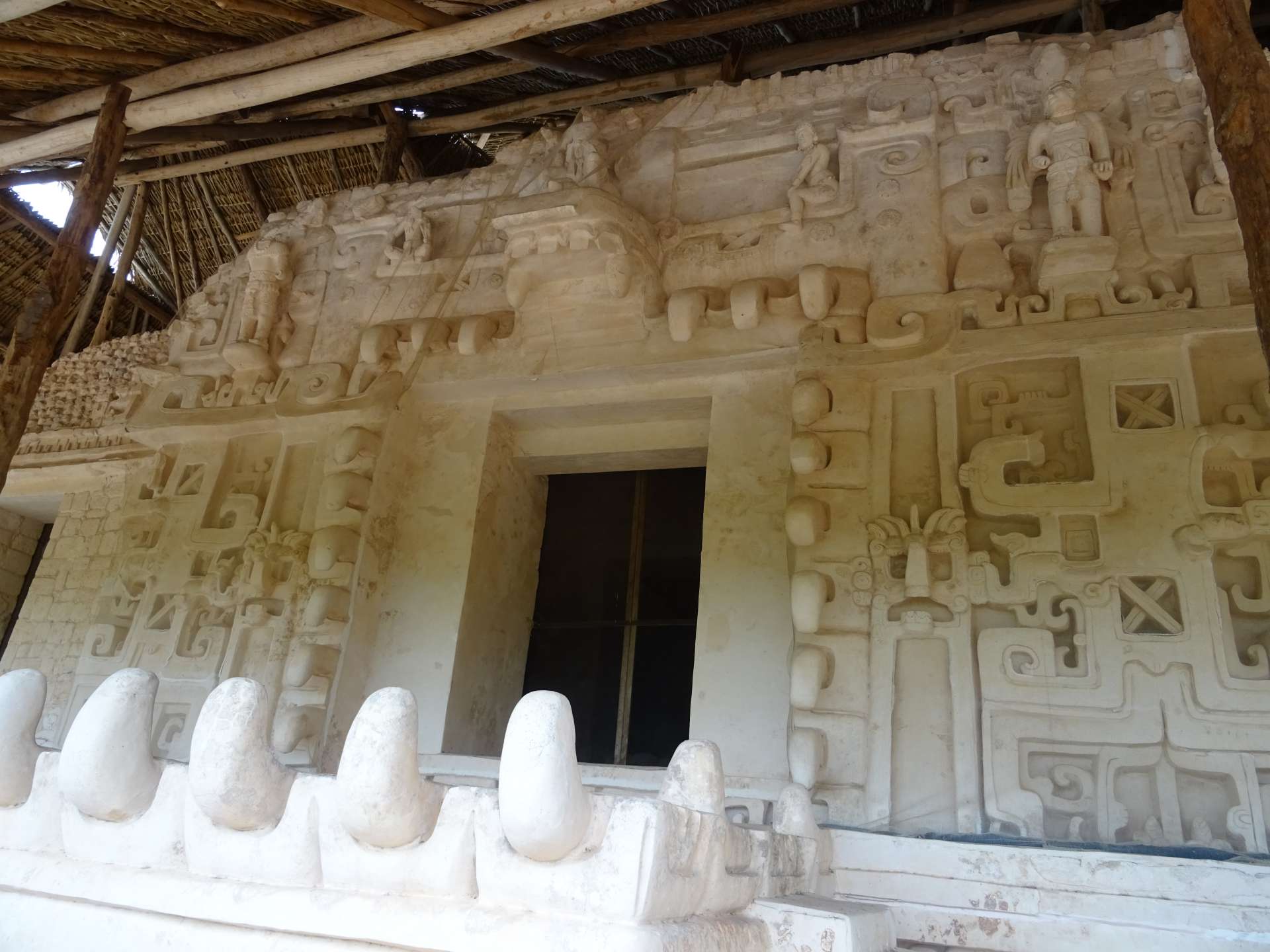




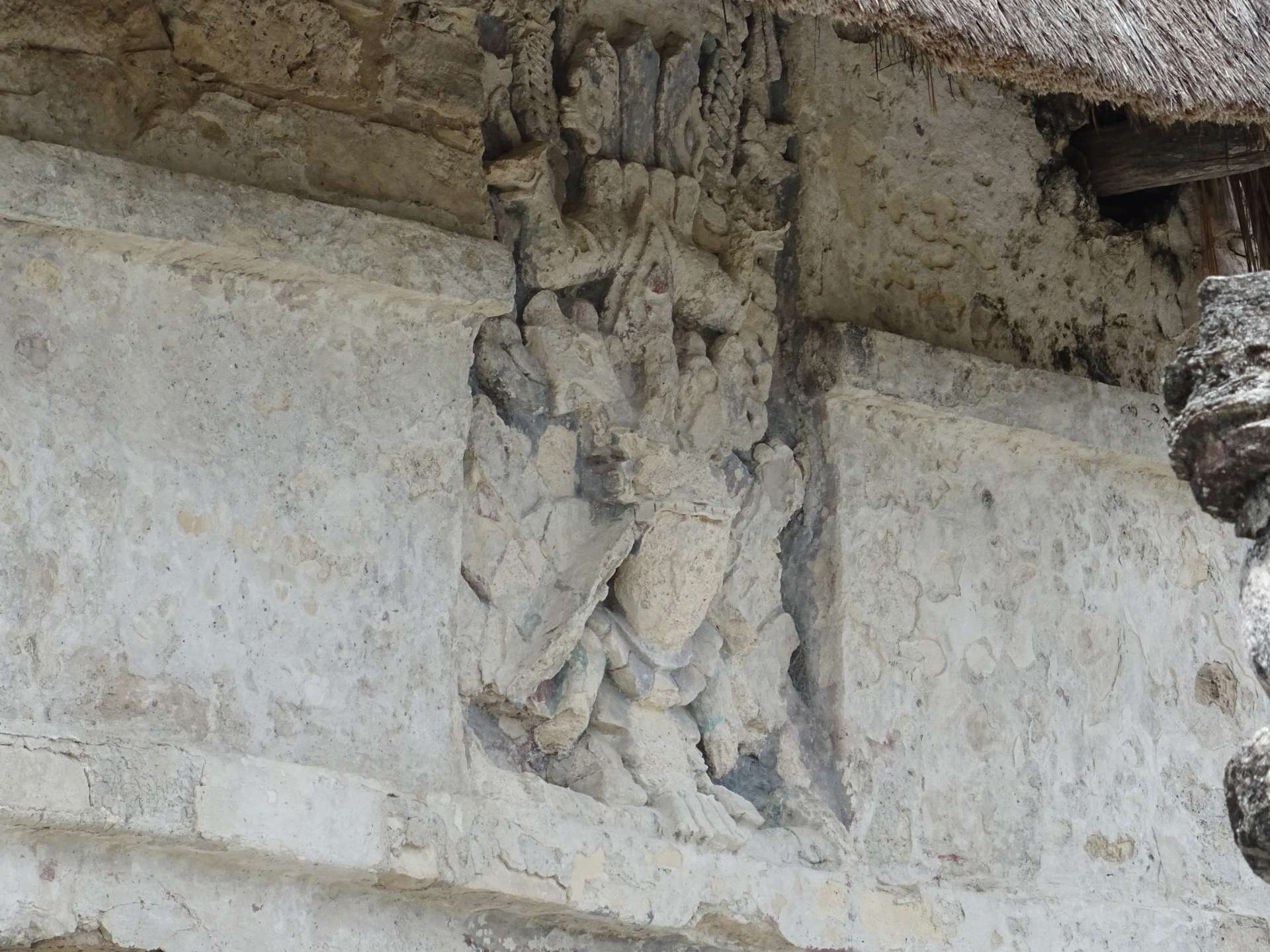






Newsletter hi subscribe ve rawh
Chhanna
